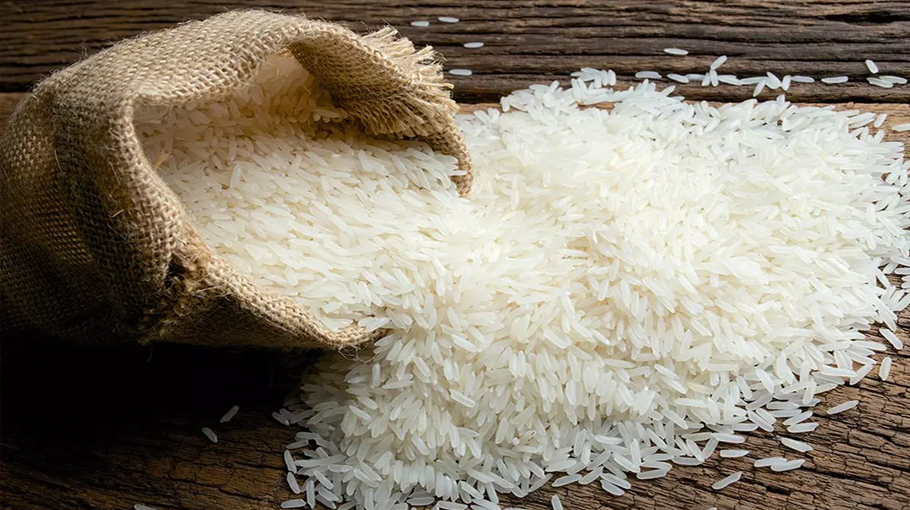Myanmar bans rice export

Following India and other countries, Myanmar is also planning to impose a ban on rice export sparking fears that the global market as well as the local rice market may become more unstable.
However, at present the government warehouses are full of rice stocks and a plan has been taken to procure more rice assuming the global instability.
A senior member of Myanmar’s Rice Federation told global media that they want to temporarily limit the export of rice for 45 days from the end of this month. The authorities are going to take this decision due to the rising price of rice in their local market.
The fifth largest rice exporter in the world, Myanmar exports more than two million tons of rice annually, according to the United States Department of Agriculture.
Meanwhile, the capacity of the country’s government food warehouses is 21 lakh tonnes. According to the information from the Ministry of Food on August 16, 20 lakh 46 thousand 995 tonnes of paddy, rice and wheat are stored in government warehouses. Although the government warehouses are full of food grains, the food ministry wants to buy another 10 to 12 lakh tonnes of rice and wheat.
Food Minister Sadhan Chandra Majumder said that such an initiative is to prevent a crisis in the country due to the decrease in the production of food grains in the world.
He said, “Russia-Ukraine war is going on. Due to various reasons, the production of food grains has decreased in the world. India has announced to buy large quantities of wheat from the international market. As a result, prices of rice and wheat may increase further. In order to avoid food shortage in the country, we have decided to buy additional rice and wheat even though we have enough stocks.”
On the other hand, India, the largest exporter, imposed a ban on the export of non-basmati rice last month, reducing the supply of rice to the world market by 10 million tonnes or 20 percent.
Earlier, the Indian government had banned the export of non-basmati rice. Besides, notes were sent by the Ministry of Consumer Protection to other ministries to stabilize the supply of rice in the Indian local market. This time the export of boiled rice has also been limited.
According to global news, Myanmar is not a big player in the rice market like India or Thailand, but the ban is coming at a time when the global supply of the product has decreased. This might impact the global market.
The traders believe that Myanmar’s move will further destabilize the global rice market, raising concerns among buyers. Top exporting countries like Thailand, Vietnam have also increased the price of the product due to India’s decision to rein in rice exports.
On the other hand, the government has decided to buy 16.50 lakh tonnes of paddy and rice from the local market during the Boro season. The collection drive which started on May 7 will continue till the end of this month. Around 1294301 tonnes of paddy and rice have been collected till August 23. On that day, 2046995 tonnes were stored in the government warehouses.
In the current season, rice producing countries India, Thailand and Vietnam have reduced production. Because of this, the price of rice in the world market is rising. Due to the non-renewal of the Russia-Ukraine grain agreement, the price of wheat in the world market is also on the rise. In this situation, the government has decided to procure the maximum amount of rice from internal sources during Boro season.



